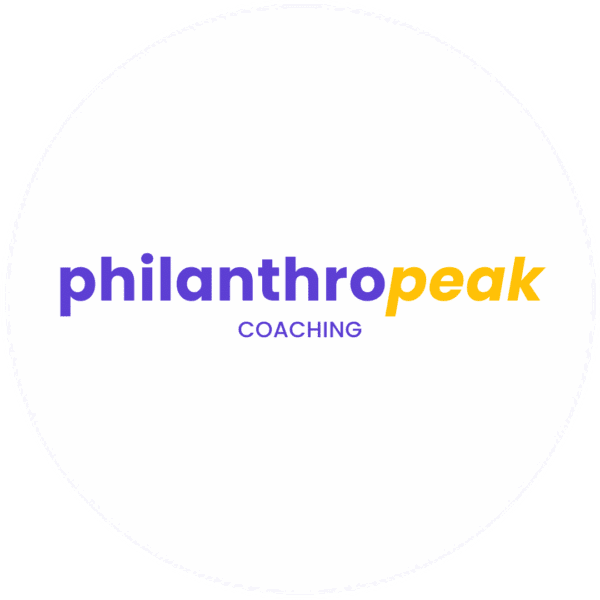ADHD and OCD: Understanding the Overlap and Managing the Chaos
Managing ADHD and OCD requires understanding how these conditions interact. Ever feel like your brain is working against you? One minute, you’re bouncing between ideas with ADHD-fuelled energy. The next, you’re stuck in a loop, overthinking every decision. If you’ve ever wondered whether ADHD and OCD can exist together—or why they sometimes feel like two sides of the same coin—you’re not alone.
The unique challenges of ADHD and OCD can impact various aspects of daily life. ADHD is all about impulsivity, distraction, and chasing the next exciting thing. OCD, on the other hand, is about control, precision, and getting stuck in repetitive thoughts. When ADHD and OCD show up together, it’s like having one foot on the gas and the other on the brakes.
 Many professionals with ADHD and OCD find themselves caught between spontaneity and perfectionism. I’ve worked with entrepreneurs who struggle with finding the right balance, often experiencing decision paralysis and an obsession with getting things “just right.” The problem? While ADHD thrives on momentum, OCD tendencies make you second-guess every move.
Many professionals with ADHD and OCD find themselves caught between spontaneity and perfectionism. I’ve worked with entrepreneurs who struggle with finding the right balance, often experiencing decision paralysis and an obsession with getting things “just right.” The problem? While ADHD thrives on momentum, OCD tendencies make you second-guess every move.
Understanding How ADHD and OCD Interact
These neurodevelopmental conditions affect the brain in very different ways. Here’s the simplest way to look at it:
ADHD = Distracted & Impulsive
- Struggle to focus on one thing for long
- Jump between tasks before finishing them
- Forget details, deadlines, and commitments
OCD = Hyper-Focused & Over-Controlled
- Get stuck on repetitive thoughts (obsessions)
- Feel the need to perform rituals (compulsions) to calm anxiety
- Overthink every decision to avoid mistakes
Living with ADHD and OCD means navigating these contrasting patterns. One condition makes it hard to focus on details, while the other makes you hyper-fixate on them.
Dr. Edward Hallowell describes ADHD as having a “Ferrari brain with bicycle brakes.” Now, imagine adding OCD to that mix—like slamming on those weak brakes every time you try to move forward.
Managing Both Conditions: Why It’s Challenging
People love to say ADHD means you can’t focus. That’s not true. Learn more about how to focus with ADHD strategies.
When managing ADHD and OCD, you’ll notice specific patterns emerge:
 Common Challenges
Common Challenges
- Looping Thoughts:Your ADHD brain jumps between tasks, but OCD won’t let you move on until things feel just right
- Decision Paralysis:ADHD makes you impulsive, but OCD makes you second-guess every choice
- Perfectionism & Procrastination: ADHD makes starting things hard, OCD makes finishing them impossible
Creating systems that work for both ADHD and OCD means balancing flexibility with structure. This is why so many entrepreneurs get stuck in over-planning and under-executing.
Effective Strategies for ADHD and OCD Management
When managing ADHD and OCD, external tools become essential. Here’s what works:
1. Set Boundaries Around Perfectionism
The key is creating a system where “done is better than perfect.”
- Set a timer for tasks
- Use the 80% rule—if it’s 80% good, it’s done
- Create a “launch now, fix later” mindset
2. Break Big Tasks into Hyper-Specific Steps
ADHD and OCD can affect productivity in different ways. The solution? Break everything down into small, stupidly simple steps.
 Instead of writing “Work on sales funnel,” write:
Instead of writing “Work on sales funnel,” write:
- ✅ Open Google Docs
- ✅ Write 3 bullet points
- ✅ Set a timer for 15 minutes
3. Use External Tools to Keep You Moving
You can’t trust your ADHD brain to remember things, and you definitely can’t trust your OCD brain to let go of things.
Let external systems do the heavy lifting:
- Project management apps (Trello, ClickUp) to offload decisions
- Timers (Pomodoro technique) to force breaks
- Automations to eliminate repetitive tasks
FAQs: Common Questions About ADHD and OCD
How does ADHD and OCD affect work performance?
These conditions can both help and hinder performance. ADHD can boost creativity and innovation, while OCD can enhance attention to detail. The key is learning to harness the strengths of both.
What coping strategies work best for ADHD and OCD?
- Break tasks into tiny steps
- Use external deadlines
- Create structured flexibility
- Implement regular check-ins
- Focus on progress over perfection
Can medication help with both conditions?
Yes, but treatment plans often need careful coordination:
- ADHD: Stimulant medications, coaching, productivity systems
- OCD: SSRIs, Exposure and Response Prevention (ERP)
- Both: Cognitive Behavioral Therapy (CBT), executive function coaching
Turn Your Challenges Into Tools for Success
Understanding how ADHD and OCD interact is the first step toward better management. With the right strategies and support, you can harness their unique strengths while managing their challenges.
Ready to transform your approach? That’s exactly why I created the Automated ADHDpreneur Program—to help entrepreneurs break free from burnout and build sustainable success.
🔥 Want to double your revenue in 90 days without burning out? Check it out here 👉 PhilanthroPeak Coaching

 Common Challenges
Common Challenges





